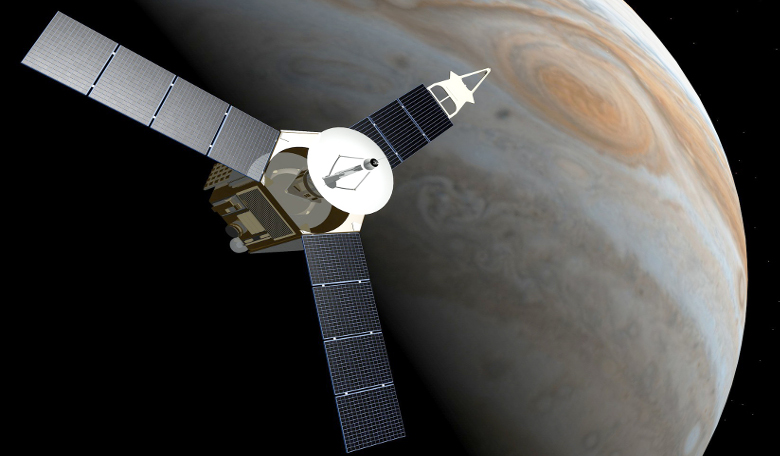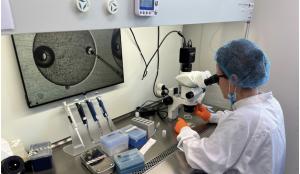Working in the space programme is a dream for many. While the days of the great Space Race are long behind us, space is still an incredibly exciting prospect. There are untold worlds and universes to explore and new discoveries to be made. Advancements in technology mean we are closer than ever to the future of space exploration and this is a great time to get involved.
If you want to be a part of this exciting future, a job in the space programme is for you. There are many different paths and careers within the space industry, so depending on your skill set and interests you've got plenty of options. Here are some of the best degree paths for those that want to work as part of the space programme.
Civil engineering
Civil engineers specialising in structural engineering can play a surprisingly big part in the exploration of space. Structural engineers are involved in the design, manufacture and maintenance of launch platforms, space stations and command centres. If you are interested in a career as a structural engineer, consider an online MCE degree. An online civil engineering programme could lead to many different careers in civil or structural engineering.
Astronomy
Astronomy might be the first degree you think of when it comes to pursuing a career in space. Astronomers specialise in many different areas. These include:
- Cosmologists and extragalactic astronomers who study and attempt to understand the history and development of the universe.
- Galactic astronomers who study galaxies.
- Planetary astronomers who study planets.
- Stellar astronomers who study stars.
- High-energy astrophysicists who study and develop ways to use energy rays.
- Observational astronomers who use telescopes to study their fields of interest or radio astronomers who use radio telescopes.
A degree in astronomy would enable you to progress to any of these fields of study and potentially have a great career with NASA.
Physics
Physicists study time, space, matter and energy - in short, everything the universe is made up of - to find out how things work. Physicists work closely with astronomers to study the universe and everything in it to discover ways to harness energy and matter to help make new discoveries.
Biology
Biologists study living organisms and play an important part of the space programme. After all, a big part of the exploration of space is the attempt to find new life forms or the evidence that life could exist outside of our atmosphere. Biology is one of the degree paths suitable for anyone hoping to become an astronaut.
Aerospace engineering
Engineers are as big a part of the space programme as scientists. Aerospace engineers focus on the design and building of spacecraft or jet planes and are divided into two very different sectors. Those who build aircraft to travel within Earth's atmosphere and those that build aircraft to leave the earth's atmosphere. These are very different challenges and require different qualifications, knowledge and skills.
There are many other degree paths for those interested in a career in space. These include mathematics, PR, computer science, electronics, or mechanical engineering. Whichever path you choose you will need to be committed, graduate well and, in most cases, go on to further study after graduation. It is a difficult path but the rewards are worth it.











